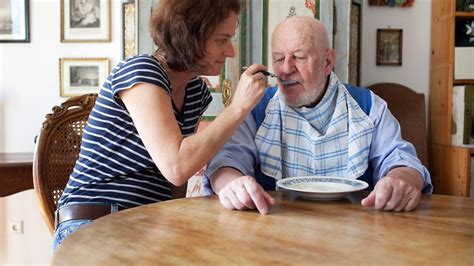In 2019, around 4.5 million people in the FRG cared for their relatives. The majority, 70%, of them were women.
Even then, it was discussed that women would often have to switch to part-time jobs for this, and thus their statutory pension entitlements would decrease, because care was counted with completely fictitious figures. This resulted and results for many women further in the danger of sinking into old-age poverty. Although there have been some adjustments since then, these have seemed more like drops in the ocean.
Now, in times of the so-called "nursing emergency", the discussion is coming up again on how to relieve relatives who care for their relatives, because after all, we are also talking about about 2.33 million people whoare taken care of at home by the family.
The independent Advisory Council on the Compatibility of Care and Work submitted a proposal to the Federal Ministry of the Interior. In this report, the advisory board recommends an extension of the caregiver leave. Relatives would be able to take six months off, then continue to work part-time and take on the additional task of caring for the family. In addition, these regulations should no longer apply only to one family member providing care, but could be flexibly divided up within the family. This would actually be in line with the reform of the Caregiver Leave Act proposed in the coalition agreement.
But as always, this proposal is not without its pitfalls, even if it may sound quite good at first. The German Foundation for Patient Protection comments: "Every year, government commissions come up with good proposals. What is missing is the political will to implement them." In addition to this unwillingness, the numerous pensioners who care for relatives would be completely disregarded. Furthermore, more and more carers would feel overwhelmed by the situation and access to relief would also not be accepted, because it would be a "bureaucratic jungle", according to the social association VdK.
The fact that changes have been written into the coalition agreement and that these are also underlined by various interest groups cannot necessarily be seen as a coincidence, even in times when more and more care personnel are lacking, many people simply cannot afford to have their relatives cared for by external agencies, and more and more elderly people are reaching the age when they need care. For as long as many people care for their relatives at home quasi for free, there is no need to further reduce the huge profits of German care institutions and actually improve the health care system for the benefit of people - especially those who cannot afford a care place in this case. Nor do the proposals and eventual changes that have been awaited for years tackle the real threat of old-age poverty for hundreds of thousands of women by the bourgeoisie. Instead, they are treated as private free carers who cannot get out of the trap.











